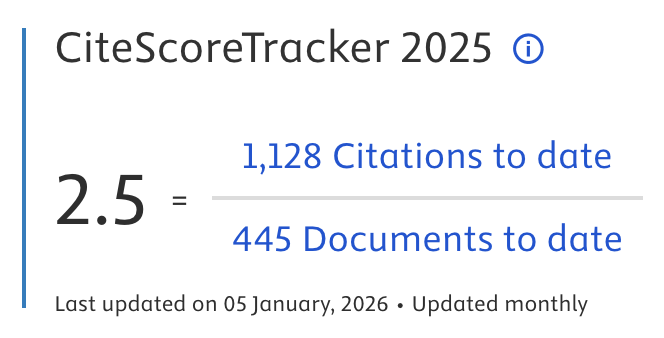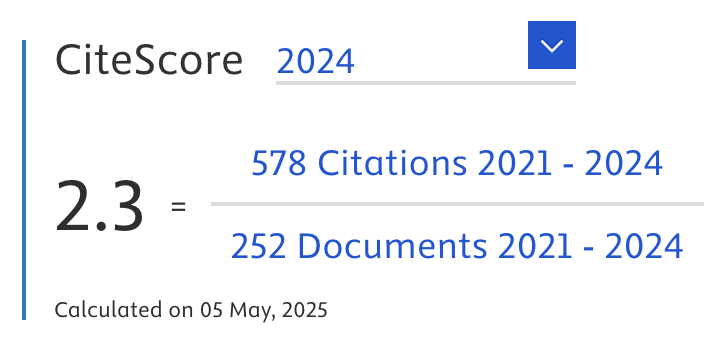An Explainable Credit Card Fraud Detection Model using Machine Learning and Deep Learning Approaches
Abstract
This study proposes an adaptive, interpretable real-time fraud detection and prevention system designed for high-risk financial environments, capable of processing over 1.6 million imbalanced credit card transactions with low latency. The objective is to build a unified framework that integrates predictive accuracy, explainability, and adaptability. The methodology follows four phases: exploratory data analysis to reveal structural and behavioral fraud patterns, feature engineering with domain-informed attributes and ADASYN oversampling to mitigate the 1:174 imbalance, training of multiple models (XGBoost, LightGBM, Random Forest, Gradient Boosting, and MLP), and an ensemble architecture evaluated with SHAP-based explainability. The system introduces three key contributions: stability-aware SHAP caching that reduces explanation latency to 41.2 ms, reinforcement learning–based threshold tuning that dynamically adapts to evolving fraud patterns, and out-of-distribution detection to enhance resilience against data drift. Results demonstrate strong performance, with XGBoost achieving 99.86% accuracy, 96.36% precision, 80.59% recall, F1-score of 0.878, and ROC-AUC of 0.9988, outperforming other models. The full system attained 93.2% accuracy, 90.2% F1-score, and 96.1% AUC at the system level, successfully blocking 91% of fraudulent transactions while maintaining a false positive rate of 7.8%. Novelty lies in combining explainability and adaptivity in a production-ready architecture, where reinforcement learning enables continuous threshold self-regulation and SHAP stability analysis validates interpretability across models. These findings show that high fraud detection accuracy and transparency are not mutually exclusive, offering a scalable blueprint for financial institutions and other critical domains requiring real-time, explainable, and adaptive decision-making.
Article Metrics
Abstract: 574 Viewers PDF: 637 ViewersKeywords
Full Text:
PDFRefbacks
- There are currently no refbacks.

Journal of Applied Data Sciences
| ISSN | : | 2723-6471 (Online) |
| Collaborated with | : | Computer Science and Systems Information Technology, King Abdulaziz University, Kingdom of Saudi Arabia. |
| Publisher | : | Bright Publisher |
| Website | : | http://bright-journal.org/JADS |
| : | taqwa@amikompurwokerto.ac.id (principal contact) | |
| support@bright-journal.org (technical issues) |
 This work is licensed under a Creative Commons Attribution-ShareAlike 4.0
This work is licensed under a Creative Commons Attribution-ShareAlike 4.0





.png)